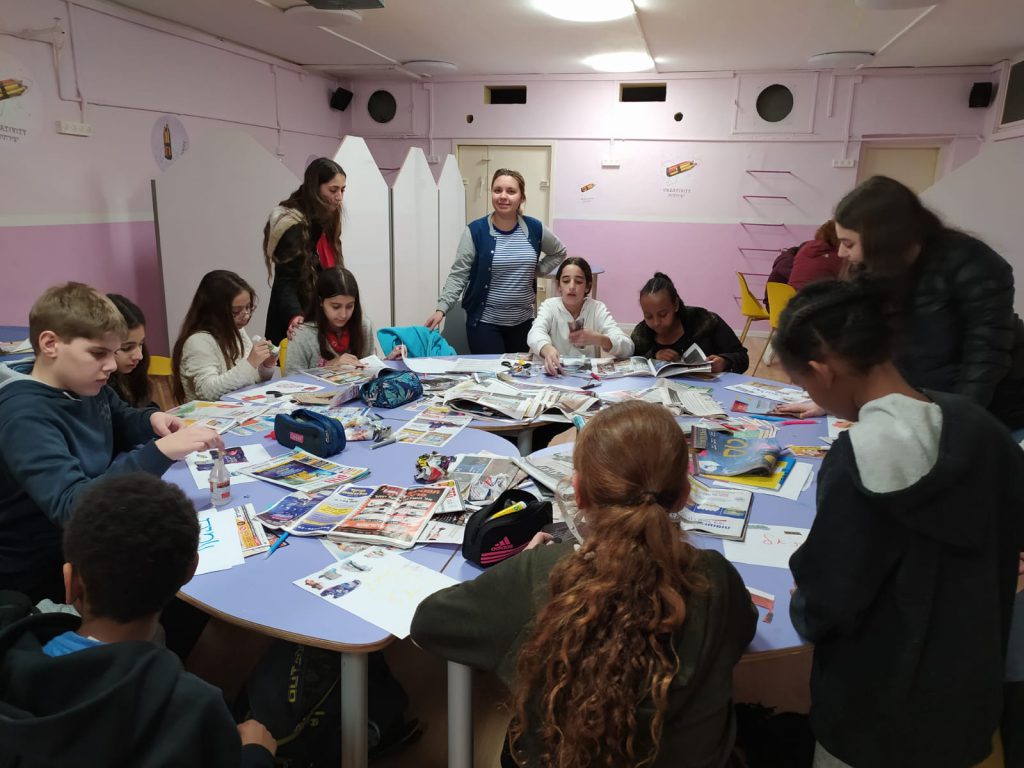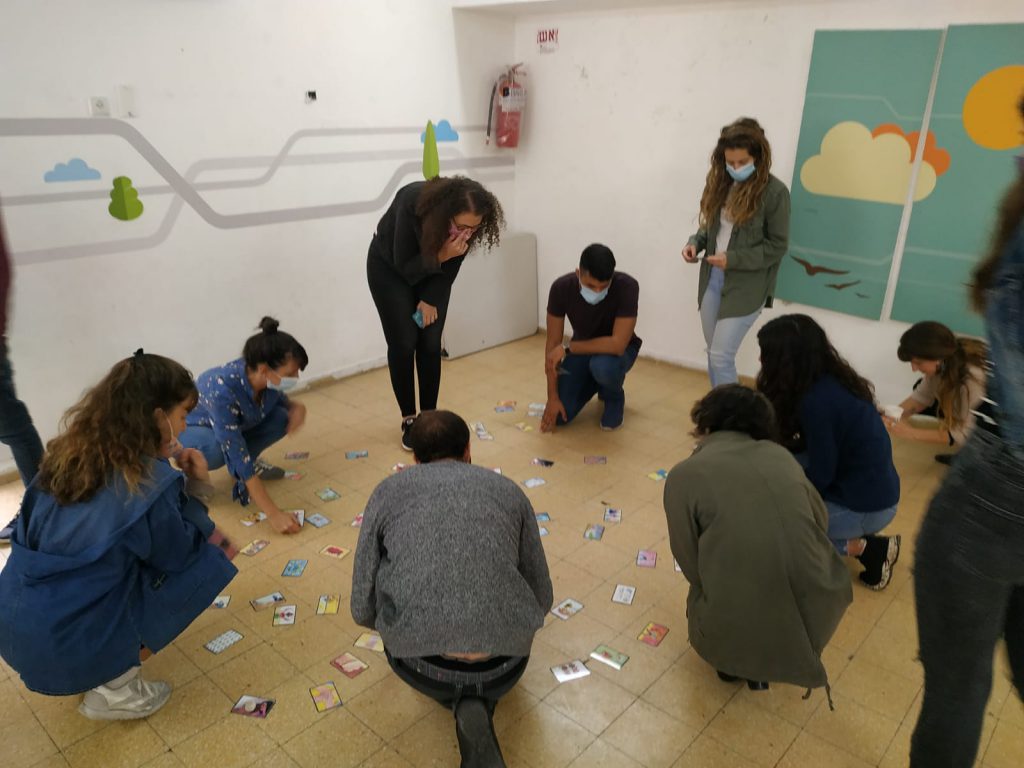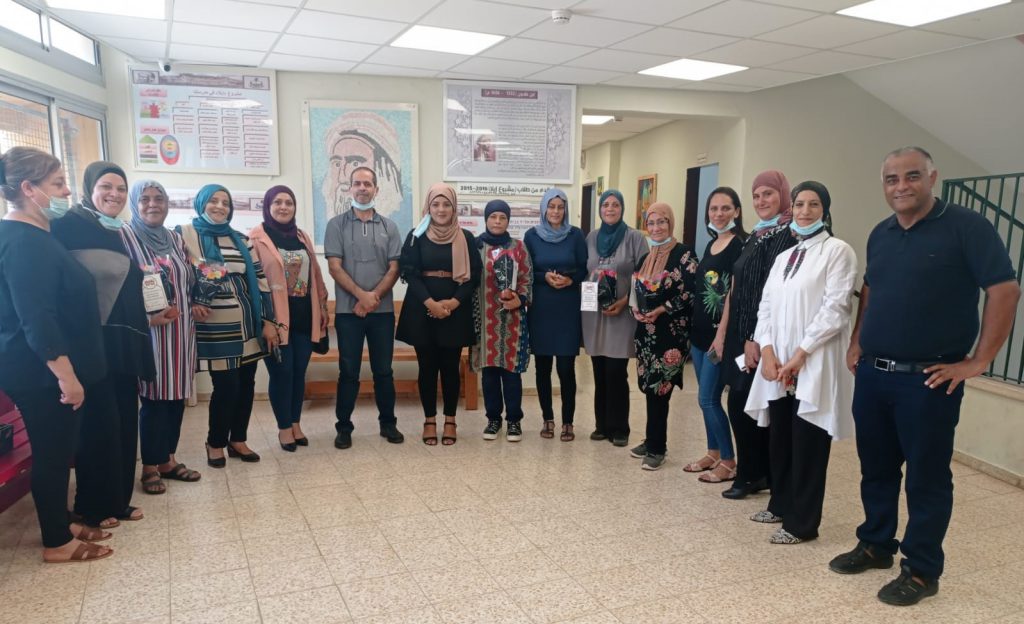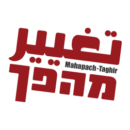Activity Model
Activity Model
Our activity model is built from working with three age groups: 1) children/youth – primary or secondary school students, 2) university students, 3) neighborhood residents. Our goal is to create a holistic and integrative process that strengthens the neighborhood, creates engagement, and promotes processes of change in communities.
In every neighborhood in which we work, we set up a learning center that operates one or two days a week, after school hours. occasionally, the center is opened with the support of the local council or in cooperation with institutions or organizations operating in the neighborhood. The center supports neighborhood children from an educational and social point of view. The kids at the center enjoy experiential learning activities while working on their strengths, developing critical thinking, and encouraging their natural curiosity. For children, the center is an all-inclusive place that allows for a meeting between different age groups, establishing strong relationships, and developing social abilities of leadership, cooperation, and creativity. Many times, with the help of the students, children become leaders of activities within the center, they create projects related to their hobbies or interests, as well as motivate and participate in community activities and grow within the center – year after year.

Students receive a scholarship in exchange for one day of activity per week, throughout the school year. In the course of the activity, the students personally mentor two-three girls regularly, with whom they go through an annual process, which includes the construction of a personal relationship and working on learning skills. Alongside personal mentoring, there is also group mentoring, in which students do an activity with the group or develop a group activity together with the boys and girls of the center. Throughout the year, students undergo an in-depth training process, which includes personal accompaniment, weekly meetings, and training evenings, in which they touch on various educational and social content, depending on their interests and challenges that arise in their work. Students testify at the end of the activity year that they were exposed to weakened populations, understood their importance as significant adult figures in children’s lives, and developed deep social solidarity – not just from meeting with students from other groups of the community, but also from meeting with the communities they have been working in.

Throughout the Year, mothers whose children participate in the Learning Center, are invited and are asked to take an active part in sessions that take place twice a month. At these sessions, mothers organize as a group around the Learning Center, map the situation within the neighborhood and the needs and difficulties that are common between them. With the help of the coordinator. The residents themselves define goals that promote the change that they would like to see before their eyes throughout the year and they work to realize these goals. Through the study of the power balance in the neighborhood, the creation of partnerships, and the creation of various community activities, residents gradually become influential and develop the ability to intervene and assist. At the same time, they become involved in thought processes and decision-making at the neighborhood and municipal levels.
Our appeal is for women residents of the neighborhood since we want to promote feminist awareness and women’s ability to influence. The residents develop solidarity in the meetings with other communities of Mahapach and understand the implications of Israel’s socio-economic policy on their communities. From this, their possibilities of activity become clearer at the local level while developing community resilience.

